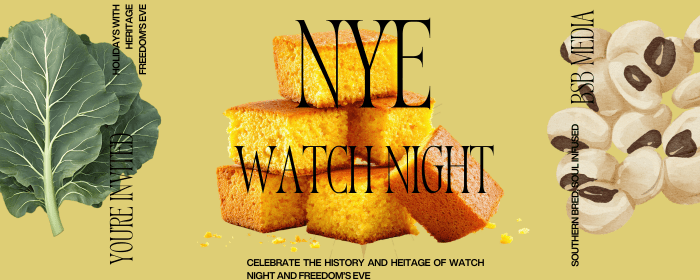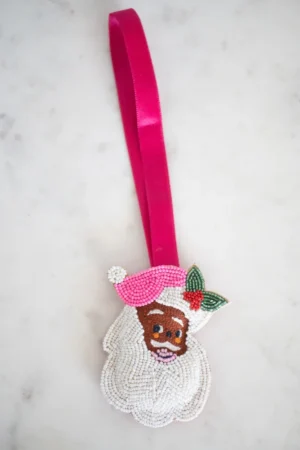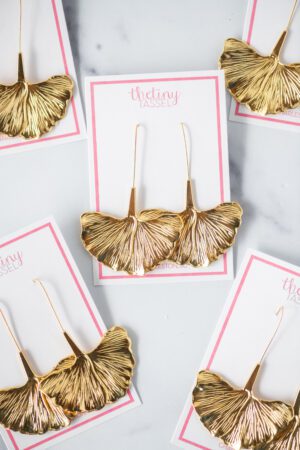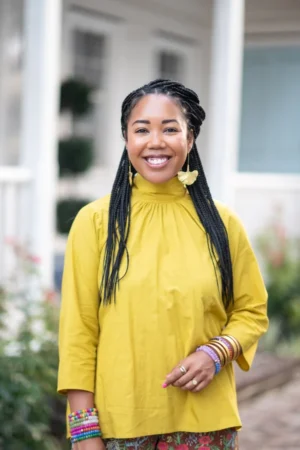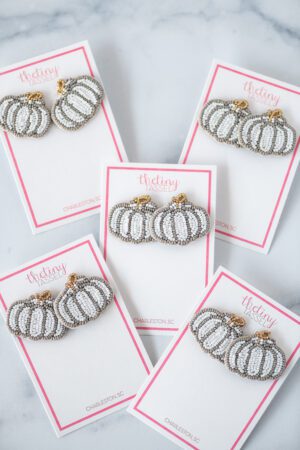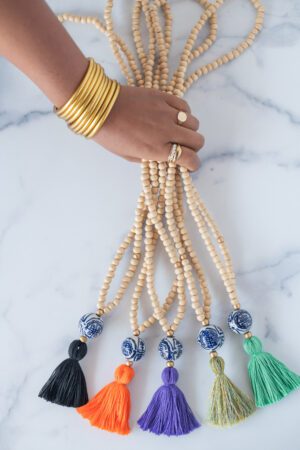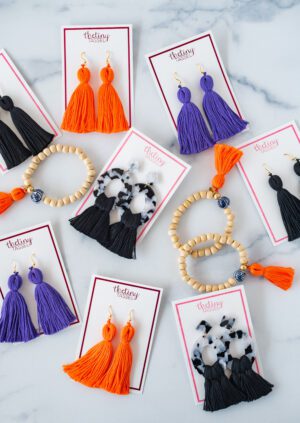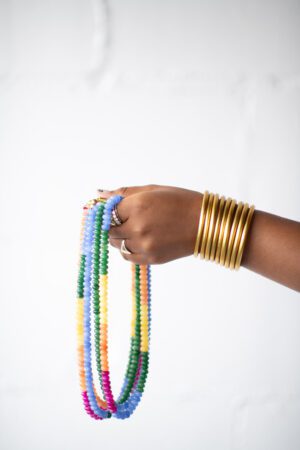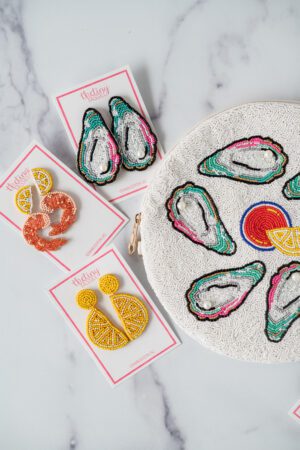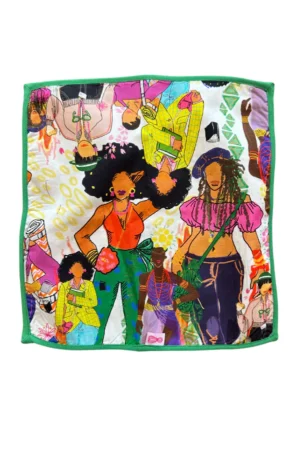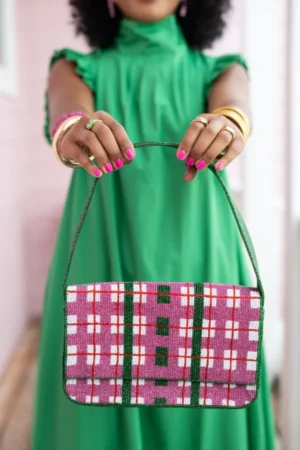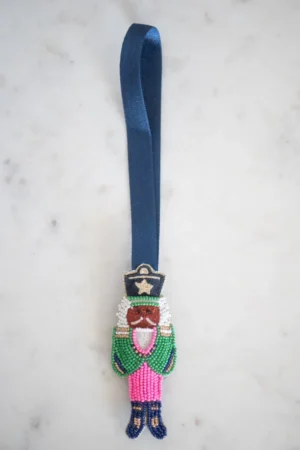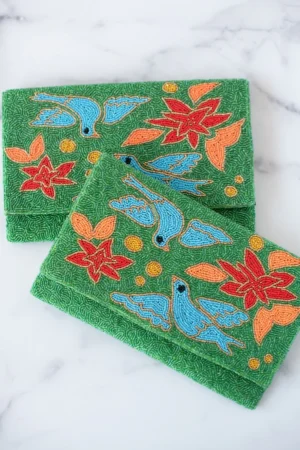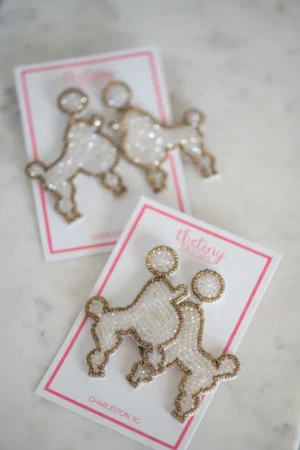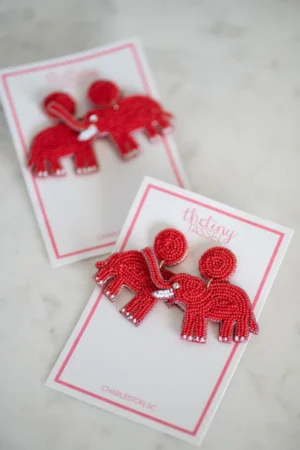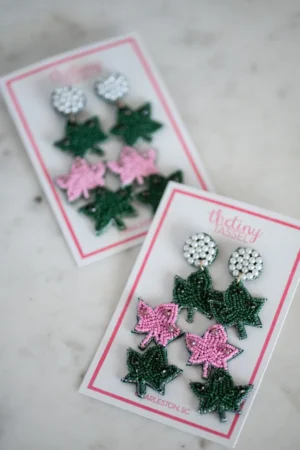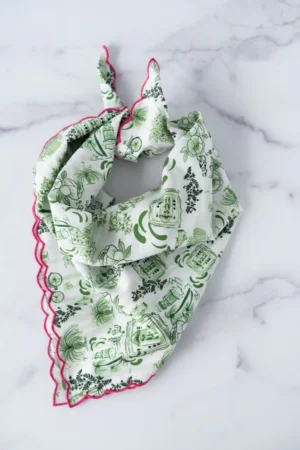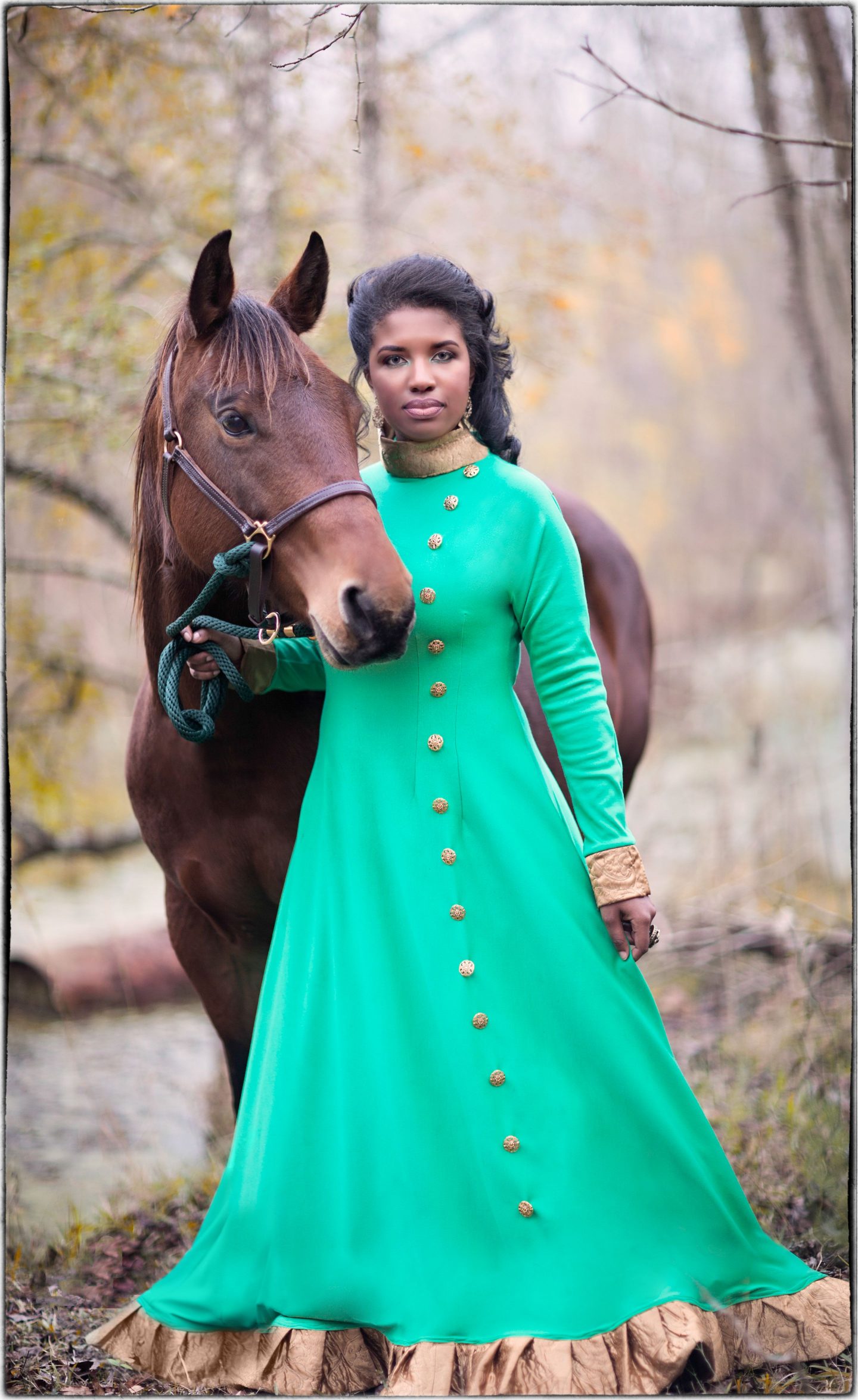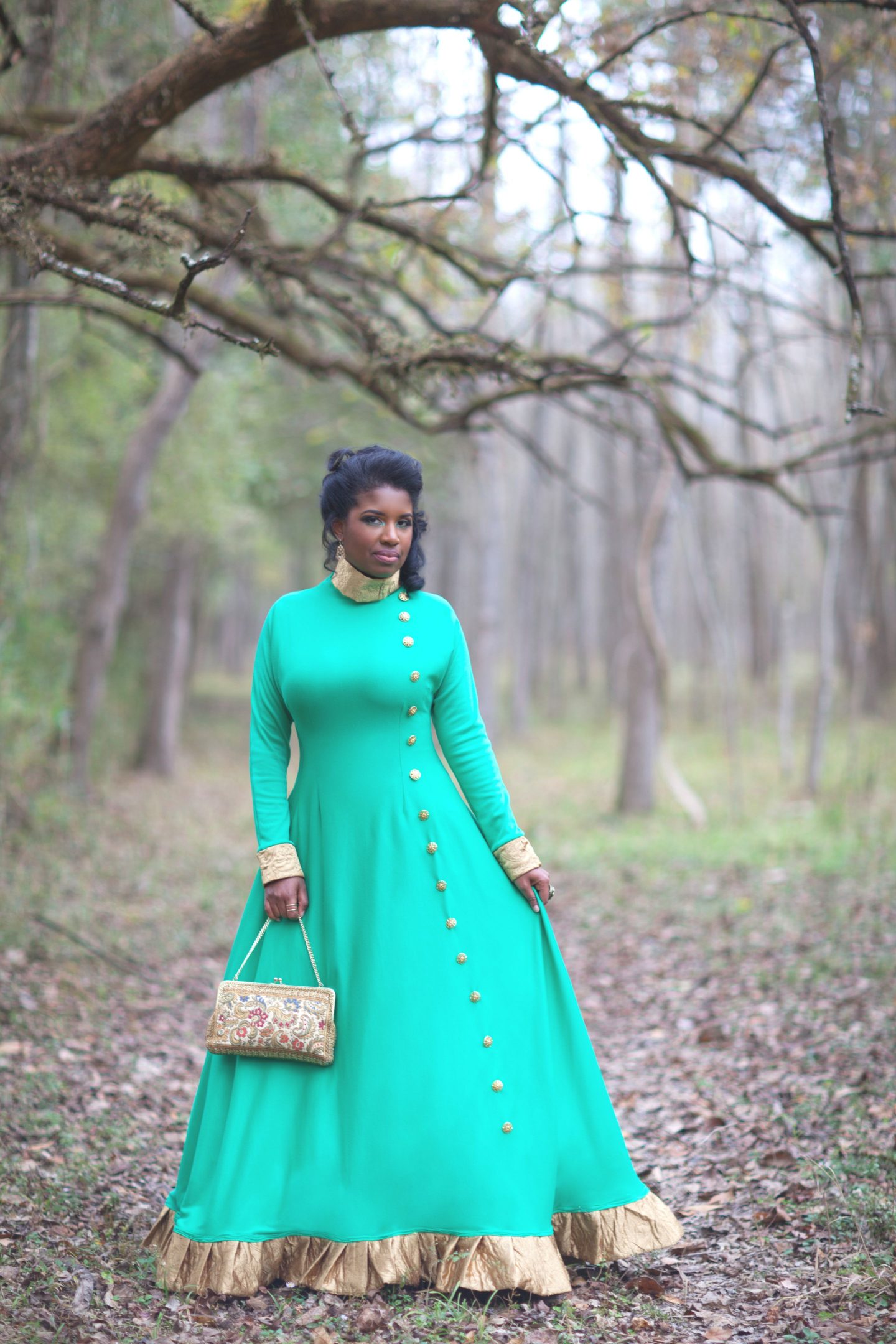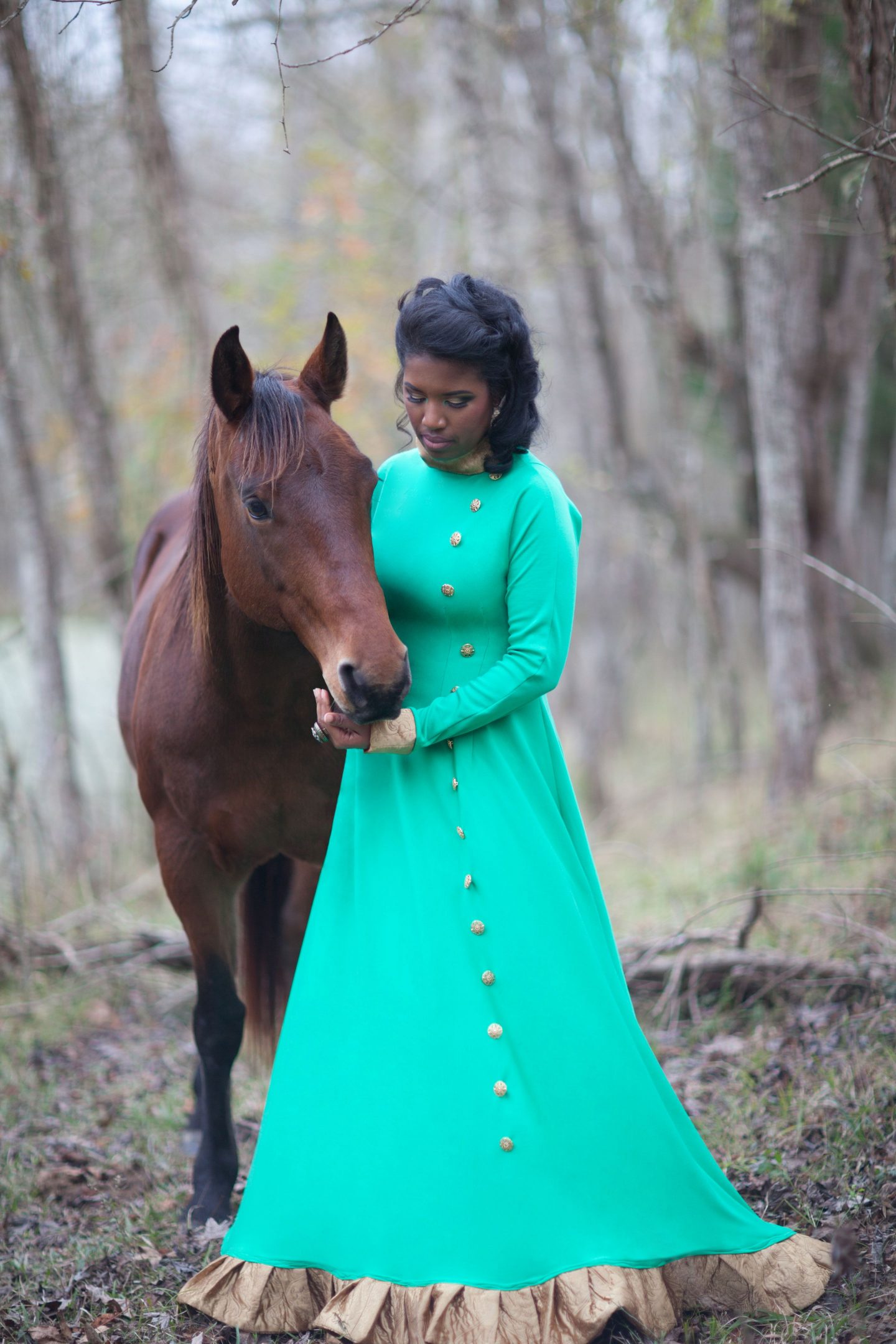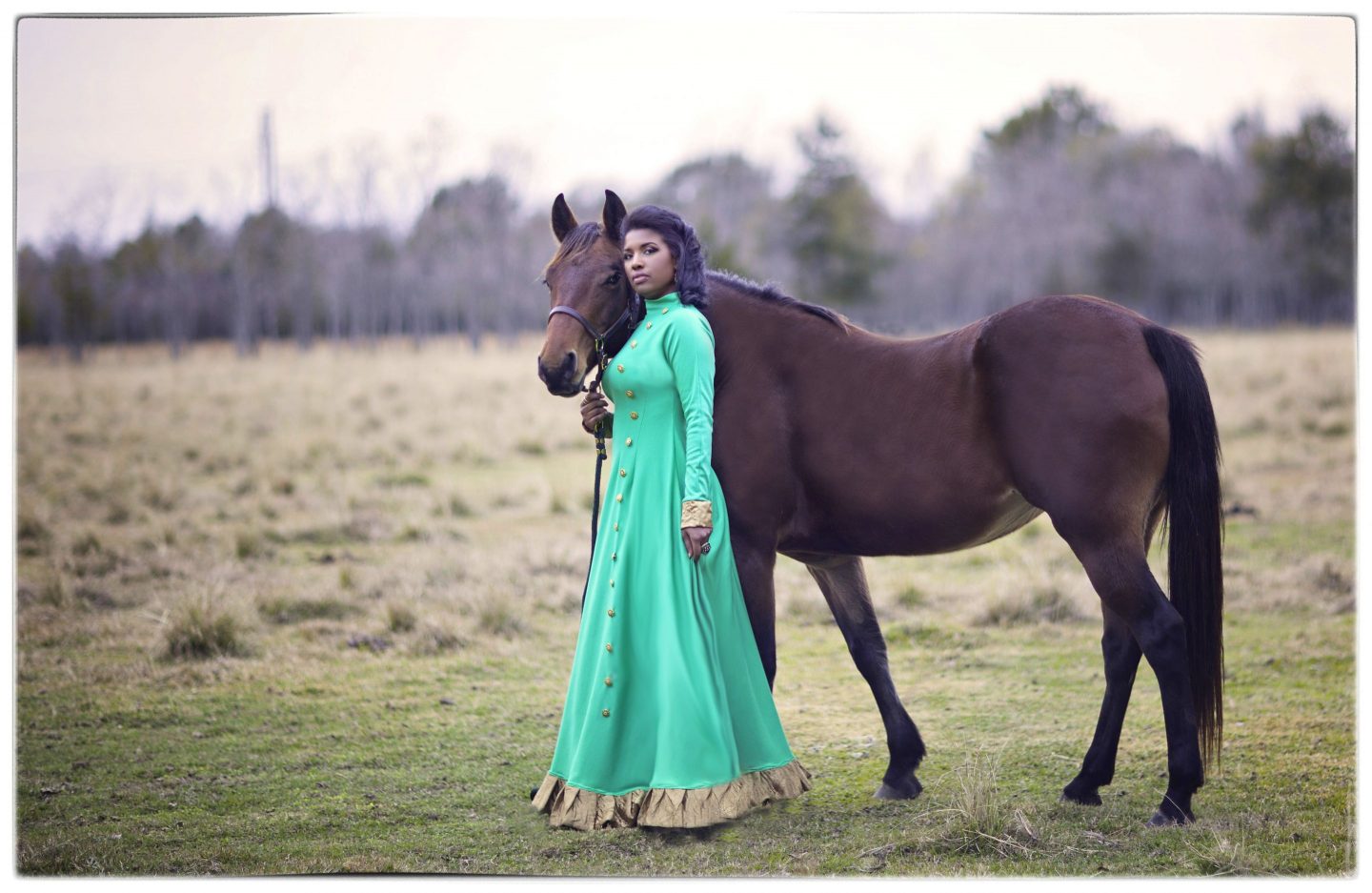
There is a rich history of horseback riding in the African American community. From farming to leisure, horseback riding is an integral part of Southern culture in the African American community. Here are six facts on African American horseback riding shared to us by Tiffany Johnson, who is working on a project called Bygone Era to increase awareness of horse riding and ownership in the African American community. Explore the beautiful images by Colligan’s Fine Art Photography and a team of black owned vendors today!
Images by Colligan’s Fine Art Photography inOpelousas, LA

6 Facts on African American Horseback Riding
1)Yes, many African American women enjoy horseback riding. We are bold. We are feminine. We are nature lovers.
2) Zydeco trail rides are a deeply rooted tradition in South Louisiana. These festive events are characterized by live bands, DJ’s, and thousands of people having a good time. Here’s an excerpt from a New York Times article on the tradition: “Exuberant, untouched by corporate sponsors and run by a close-knit network of people who price their beer at $2 a can, the rides are a traditional way to celebrate the cowboy culture of rural blacks or Creoles (commonly understood as a mixture of black with French, Spanish and/or Native American ancestry).”
Here’s a video of a Louisiana trail ride
There are different ways to ride a horse. Although some may have strong feelings about the techniques used in the video above; it’s more important to consider how this tradition has survived several generations despite the odds.
3) Aside from being a relaxing recreational activity, horseback riding is also therapeutic, according to this article in HealthFitnessRevolution.com. It can help everyone from depression sufferers to children with autism; and it has many other health benefits including: “body awareness, quick thinking, coordination, core strength, muscle tone and flexibility, stable strength, and mental exercise.”
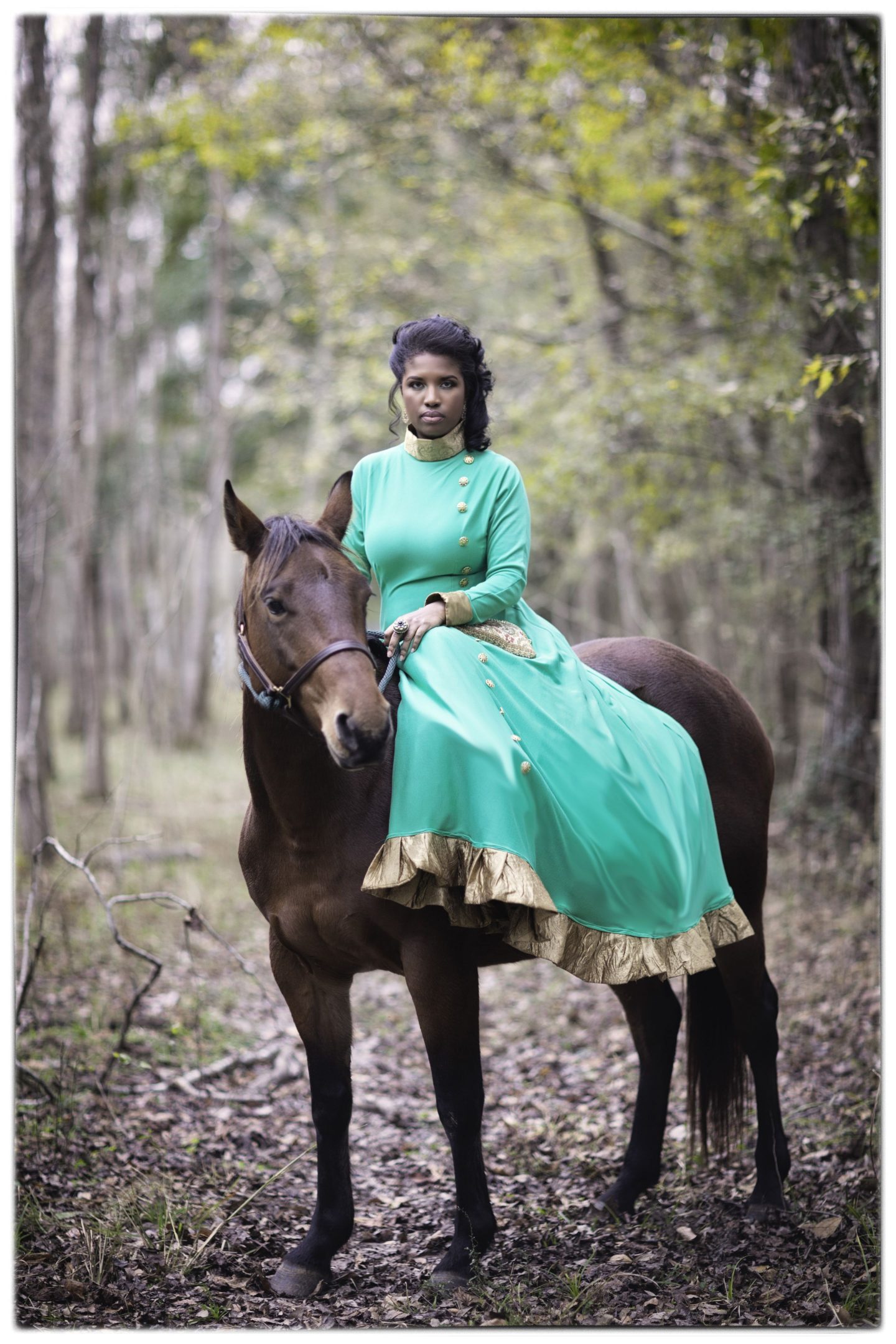
Here are the findings from a study on depression: “It is particularly useful for alleviating some of the common symptoms of depression. The physical exertion it affords can help control weight and relieve anxiety and insomnia. Shared interaction for mutual benefit can alter feelings of loneliness. What is unique about horseback riding is the combination of exercise, meaningful communication, and a special sort of social interaction.”
4) Despite what you may see in many Western movies, one in four cowboys was black, according to the Smithsonian. “The West was a vast open space and a dangerous place to be,” says William Loren Katz, a scholar of African American history. “Cowboys had to depend on one another. They couldn’t stop in the middle of some crisis like a stampede or an attack by rustlers and sort out who’s black and who’s white.”
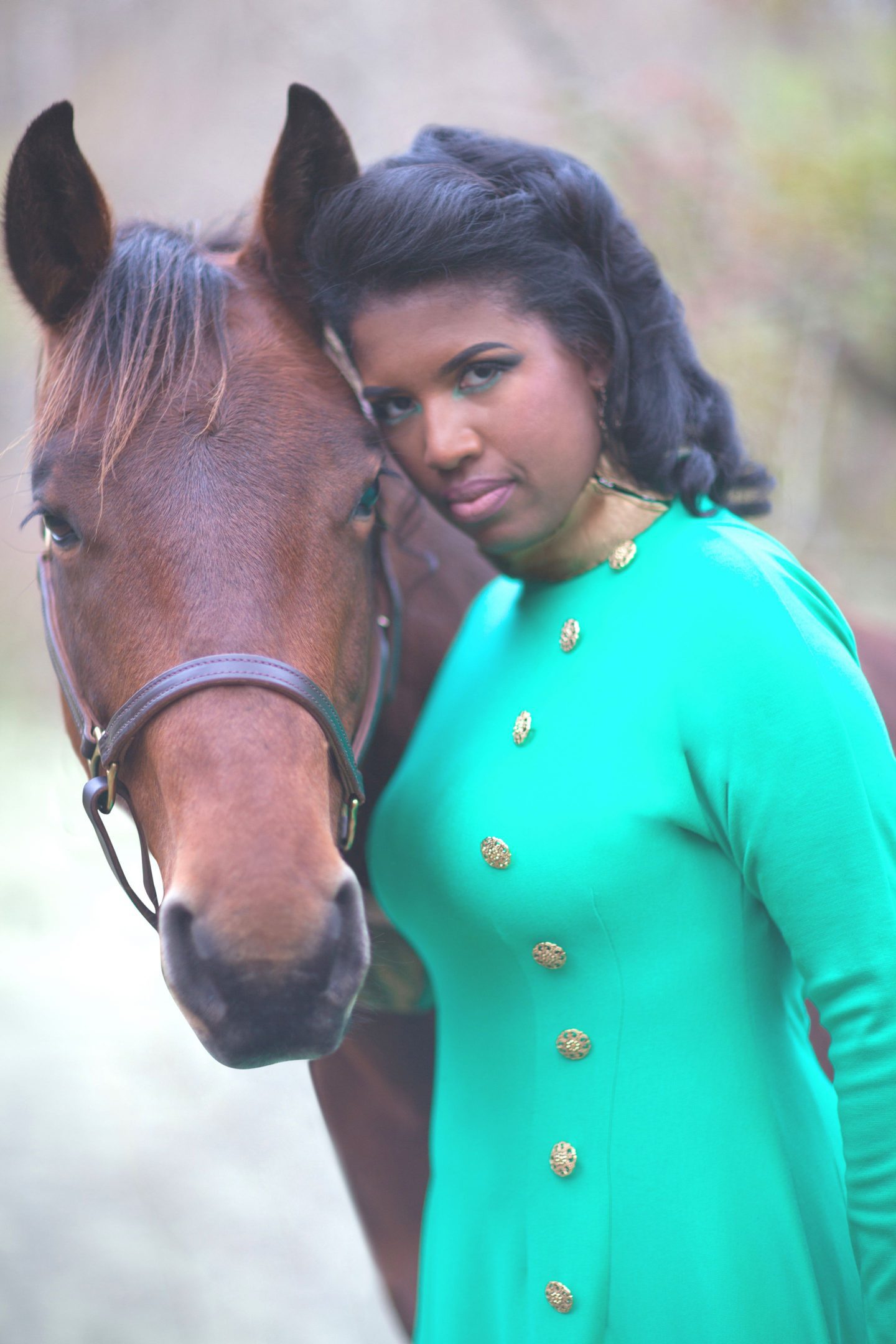
5) Although it may be rare to see black jockeys today, former slaves and children of slaves who were responsible for caring for horses on plantations and farms were the first successful jockeys. At the Inaugural Kentucky Derby in 1875, 13 of the 15 jockeys were African American. Black men also won more than 50% of the first 25 runnings of the Kentucky Derby.
After years of success, African American jockeys were excluded from the sport they once dominated. The reason was “professional jealousy,” according to historical accounts. The result of that, including the threat of physical harm, fewer jobs, lost promotions and lost opportunities to ride top horses, decimated the ranks of black jockeys. A white jockey told the New York Sun in 1908 that one of his black opponents was probably the best jockey he had ever seen, but that he and his colleagues “did not like to have the negro riding in the same races with them.”
6) There are a large number of African Americans who own, care
Do you love to connect historical dots through photographs? We are collecting generational photos for our Bygone Era project. Our intent is to show how the horseback riding tradition has been passed down through many generations within the African American community. If you are interested in learning more, please emailtiffany@workloadassistant.com.
87